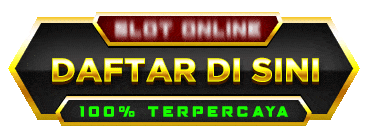MBO128 🎰 Situs Slot88 Gacor Server Thailand RTP Paling Tinggi
BONUS TERBESAR!
KUALITAS
Couldn't load pickup availability
- MBO128
- MBO128 LOGIN
- MBO128 DAFTAR
Mbo128 adalah salah satu situs slot online paling gacor dengan bocoran pola RTP gampang menang hari ini. Link alternatif mbo128 memberikan layanan slot gacor server thailand dengan lisensi resmi slot88, pragmatic play dan pg soft. Mbo 128 mudah memberikan jackpot dengan modal deposit 10 ribu sudah dapat bermain judi online.
*Syarat Dan Ketentuan MBO128 Berlaku
MBO128
Terpercaya
MBO128
Terpopuler
MBO128Tergacor




